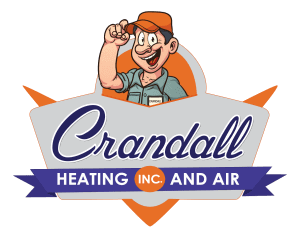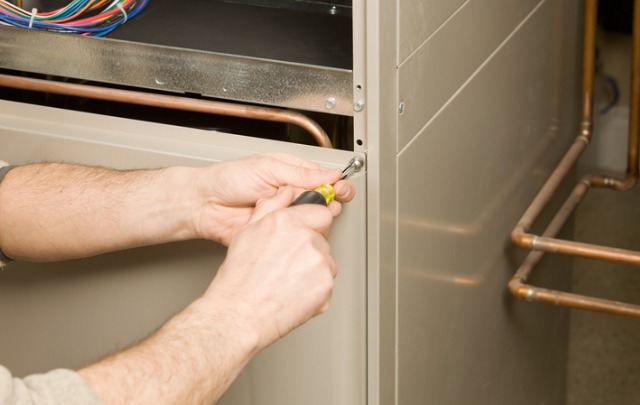
What Homeowners Need to Know is Happening Right Now?
The world is a bit of a mess right now. Supply and demand are on opposite ends of the spectrum. Handling rises in gas, groceries, energy, and more can be extremely taxing on a homeowner (literally and figuratively). Planning your finances requires knowledge in what’s going on around you and in the world. Let’s look at some of the changes being made.
World Economics
Entering 2022, many countries restricted and reimposed mobility restrictions due to the Omicron variant of covid-19. These restrictions heavily affected the manufacturers in producing goods that we use every day – HVAC, cars, clothing, etc. Not only were manufacturers not producing at the same rate as before, shipping those goods elsewhere (to us) greatly increased in price and time.
This resulted in supply shortages, producing a 1.2% decline in estimated Global growth, according to the International Monetary Fund. Global growth is expected to jump up to 3.8% in 2023. However, this is most likely due to mechanical work. As global health increases and therapies become more effective, the assumption is most countries will start to life strict policies.
With new variants prolonging the pandemic, economic disruptions keep bubbling to the surface. Supply chain disruptions are common, energy prices are volatile, wages are under pressure, and there’s uncertainty around inflation and policy. Additionally, high geopolitical tension and the probability of major natural disasters are keeping everyone on their toes.
What does this all mean?
As people look to making business decisions, they consider all these factors for their final price on goods and services. Therefore, we are seeing an increase in gas, electricity, manufactured goods, and even groceries. Businesses are predicting for future outputs based on a series of inputs.
As a homeowner, this makes a huge difference. Knowing this, you can take steps to prepare for these oncoming price increases. As we all face these challenges together, here are a few things that you can do to prepare for rising costs and even mitigate some of those costs.
Homeowner Tips
Utilize Your HVAC Company fully
- For some, they call companies when they need their services and that’s it. By developing a relationship with your HVAC company, you not only can be on first-name basis with the staff and technicians, but you can expect to receive updates and stay informed about changes. A good relationship with your HVAC company won’t lead to awkward conversations on price because you know your company is doing their best to bring quality work at a quality price!
Put Seals on Your Doors & Windows
- We’ve all felt a little draft when near our windows or glass doors. Putting a seal around those areas can put a stop to it. You won’t feel the cold draft outside coming in, and you won’t lose all the heat that your HVAC equipment is venting into your home. Vice versa, you won’t let the summer heat into your home and the cool AC out. This causes less tax on your HVAC equipment as it won’t work overtime to keep you feeling comfortable in your home.
Fix Leaky Ductwork
- Just the same as putting seals around your windows and doors, fixing leaking ductwork eliminates the loss of warm or cold air to the outdoor elements. This is a simple step to keep your system from becoming overtaxed in its home comfort function.
Put on a Sweater
- Yes, we’re going to be the stereotypical dad and say, ‘put a sweater on then.’ By not pushing your system to keep your house too hot, you might feel a bit colder than normal, but your heating bill will significantly decrease. A simple sweater (or blanket in some cases) can save you money.
Annual Service Maintenance
- Regularly cleaning and servicing your equipment can ensure it is running smoothly and functioning appropriately. If there are issues, having a regular service can help to catch the issue before it becomes too big of a problem and far more expensive.
High-Efficiency Equipment and Programs
- On top of regularly servicing your equipment, you can opt for the highest SEER and most efficient equipment on the market. While it may cost more financially upfront, it saves you tremendous amounts of money down the road. As the SEER rating requirements increase, by staying on top of it beforehand, you can ensure you’re installing equipment that will save you money and is better for the environment.
- There are programs and rebates available that incentivizes installation of higher SEER rated equipment and allowing the companies access to have greater control on the electrical grid, keeping equipment from overworking the grid, saving you money, and being as efficient as possible.
Here at Crandall Heating & Air, we strive to be a resource of information for you as well as providing quality HVAC services since 1973. Call Crandall Heating & Air today for your HVAC needs and allow us to work alongside you, the homeowner.
Be sure to check out more of our posts on taking care of your home’s HVAC system and read more here on IMF Publications.



